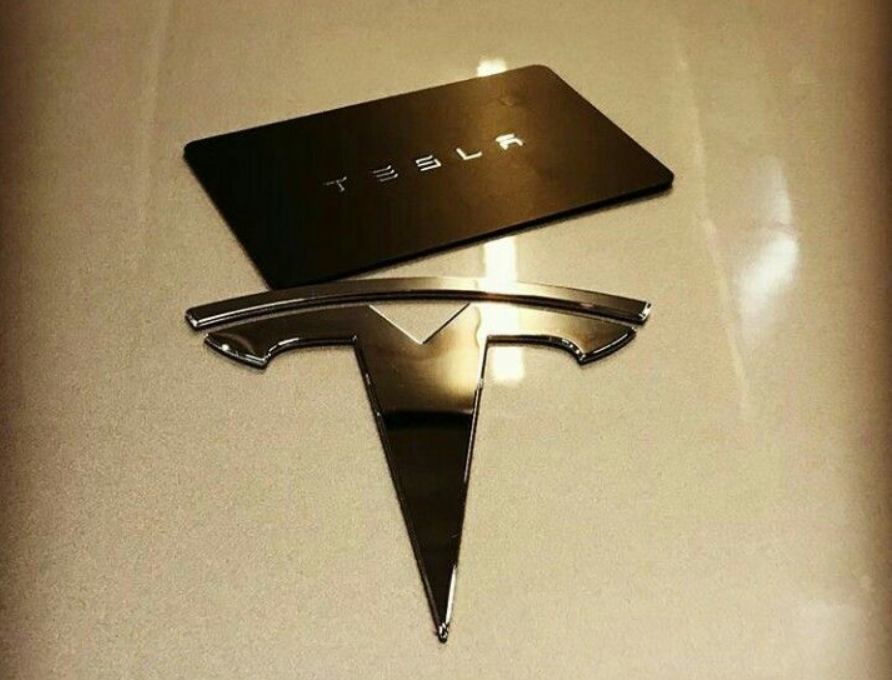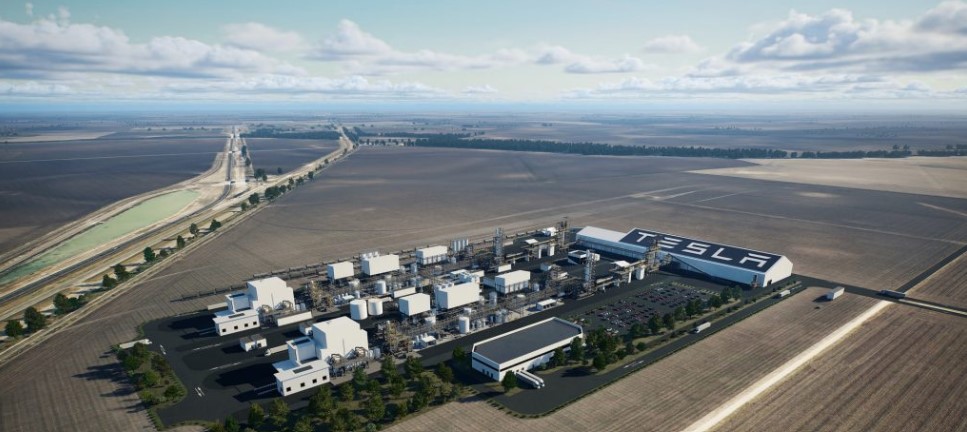Tesla has achieved significant progress in the South Korean market owing to the growing popularity of its Model Y. The electric vehicle has not only become the best-selling imported car, but it has also contributed to Tesla's disruption of established luxury brands. South Korea, a market long dominated by automotive behemoths such as Mercedes-Benz, BMW, Audi, …
The Tesla Market Success in South Korea

Tesla has achieved significant progress in the South Korean market owing to the growing popularity of its Model Y. The electric vehicle has not only become the best-selling imported car, but it has also contributed to Tesla’s disruption of established luxury brands. South Korea, a market long dominated by automotive behemoths such as Mercedes-Benz, BMW, Audi, and Volkswagen, has seen a substantial shift toward electric vehicles (EVs) thanks to Tesla’s creative approach and strategic expansions.
Leading Sales with Tesla Model Y
The Tesla Model Y has become the best-selling imported vehicle in South Korea. Its sales increased by an incredible 395.4% in the first half of 2024 compared to the same time the previous year. This spike demonstrates the vehicle’s popularity and the region’s growing need for electric vehicles (EVs). The Model Y outsold the BMW 5 Series by just 17 units, marking a key milestone for Tesla in a market dominated by luxury companies.
In the first half of 2024, Tesla was among the top three best-selling imported car brands in South Korea. Tesla sold 17,380 units, finishing third behind BMW (34,933) and Mercedes-Benz (30,015 units). This outstanding accomplishment demonstrates Tesla’s increasing influence and competitiveness in the South Korean market.
Disrupting the “Big Four”
Tesla’s rise has upended the long-held supremacy of the “Big Four” foreign automobile brands: Mercedes-Benz, BMW, Audi, and Volkswagen. By outperforming these established companies, Tesla has upended the old hierarchy and shown EVs’ growing acceptance and appeal among South Korean consumers.
Contribution to South Korea’s Green Mobility Goals
Tesla’s commercial performance is consistent with South Korea’s ambitious goals to reach net zero carbon emissions by 2050. The country intends to convert from internal combustion engines to eco-friendly automobiles, with targets of 2.8 million by 2025 and 7.85 million by 2030. Tesla’s rising footprint and the popularity of its vehicles, like the Model Y, help support these goals.
Tesla has also benefited financially from its commitment to sustainability by selling carbon credits. In 2023, the corporation earned $1.79 billion in carbon credits, contributing considerably to its revenue. In Q1 2024, Tesla reported a $442 million income from carbon credits, accounting for 38.6% of its net profits. This financial accomplishment demonstrates the economic viability of Tesla’s sustainable business model.

Emission Standards
Korea uses either European or American emission standards, depending on the application. Light-duty gasoline vehicles meet US/California regulations. Light-duty diesel vehicles adhere to European requirements. Heavy-duty vehicles and bus engines adhere to European norms. Mobile non-road diesel engines meet US norms.
Strategic Expansion and Production
Tesla’s strategy of increasing production capabilities and market reach has been critical to its success in South Korea. Using 4680 battery cells in vehicles such as the Cybertruck and several Model Ys manufactured in Giga, Texas, demonstrates Tesla’s dedication to innovation and efficiency. This strategic strategy has allowed Tesla to fulfill rising demand and strengthen its position in the global automobile market.
Tesla’s Role in Carbon Credits
In 2023, Tesla made $1.79 billion from selling carbon credits. Since 2009, the total revenue from this source has been over $9 billion. Tesla reported $442 million in revenue from the sale of carbon credits in the first quarter of 2024. This sum represents a modest 2% increase over Q4 2023. This revenue accounts for most of Tesla’s Q1 2024 net profits.
Tesla’s success in South Korea goes beyond emissions credits. The Model Y‘s popularity has enabled Tesla to become the country’s second-largest vehicle importer by March 2024. With 6,025 vehicle registrations in March 2024, Tesla has firmly established itself in the South Korean automobile sector.
LG Energy Solution’s Developments
LG Energy Solution (LGES) is ready to manufacture 4680 cells in South Korea. The Ochang Factory will start operations next month. LGES will be the first to mass-generate these cells. The factory’s initial capacity is 8 GWh per year. LGES intends to manufacture 46-series cells in a new plant in Arizona. The plant costs $5.5 billion. LGES halted energy storage system production to focus on 46-series cell assembly.
Tesla utilizes 4680 cells in Cybertruck pickup trucks and several Model Ys from Giga, Texas. These cells will be essential for future inexpensive models. This includes the $25,000 automobile and Cybercab from Tesla’s Robotaxi fleet.
Tesla Hiring in South Korea
Tesla is expanding its South Korean workforce by seeking a Senior Battery Process Engineer. This move is part of the company’s overall aim to improve regional operations. The position entails reworking and remanufacturing battery modules and packs, necessitating a thorough understanding of battery manufacturing processes. The chosen candidate will work with various teams to uncover flaws, execute corrective measures, and create new repair procedures. This function is critical to sustaining Tesla’s high battery technology standards and assuring its products’ dependability and efficiency.
Tesla’s success in South Korea demonstrates its creative approach and strategic vision. Tesla’s achievements, from driving sales with the Model Y to disrupting established industry players, are consistent with South Korea’s ambitious green transportation aspirations. This transition is consistent with South Korea’s ambitious green mobility goals, which seek to significantly cut carbon emissions while promoting sustainable transportation alternatives. Tesla’s success in South Korea demonstrates the expanding acceptability of electric vehicles and the company’s ability to adapt and succeed in various regions.
Subscribe to Our Newsletter
Keep in touch with our news & offers










